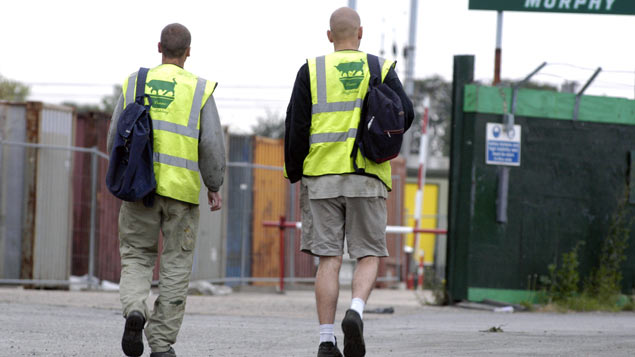The Home Secretary recently announced that fines will triple for businesses who employ illegal migrants.
So if you don’t carry out legal right to work checks, you could be breaking the law without realising.
From 2024, the government has announced plans for illegal working fines to increase from:
- £15,000 up to £45,000 per illegal worker for a first offence.
- £20,000 up to £60,000 for repeat offences.
They are set to have a consultation later this year about tightening measures for businesses who employ illegal workers.
On 1st October 2022, right to work rules changed. So if you’re not currently following the latest guidelines, you’ll need to do so, or you could be at risk of huge fines or even legal prosecution…
To stay compliant and stay safe from risk, here’s a reminder of how to carry out right to work checks safely.
Here’s what you’re not allowed to do…
COVID-adjusted checks are now a thing of the past. Meaning, you’re no longer able to check someone’s right to work by looking at a picture or a scanned copy of their documents.
You also cannot carry out checks using video calls, emails, or any apps. If you want to check someone’s right to work, you have two options.
You can carry out manual or digital checks on British and Irish citizens
If you’re carrying out right to work checks in person, you can manually check British and Irish citizens’ original documents.
Alternatively, if you want to carry out digital right to work checks, the government recommends you use a certified identity service provider (IDSP). To do this, your worker will need to provide an image of a valid British or Irish passport. An IDSP will then carry out a check digitally on your behalf.
You can find a list of certified IDSPs on the official government website.
You will also need to keep records of the digital check for up to two years after an employee leaves your company.
Remember, the rules are slightly different for foreign nationals…
You can only carry out right-to-work checks digitally using an IDSP on British and Irish citizens.
For foreign nationals, you’ll need to either carry out a manual check or an online check using the Home Office’s free online checking service. As part of this process, you may need to ask your overseas applicant to start an application on the ‘prove your right to work’ portal and fill in their information.
You can find out more about how to check overseas applicants here.
What happens if I don’t comply with the guidelines?
At present, you could receive a fine of up to £15,000 (or £20,000 for a repeat offence) for each worker you haven’t checked in line with the rules. You may even face a criminal conviction.
And as of next year, you could be paying triple the amount in fines if you’re found to be employing workers illegally.
What should I do to stay compliant?
It’s vital you make sure you’ve got right to work checks on file for all your staff, even for those you’ve employed for some time.
If any right to work files are missing, you’ll need to carry out checks immediately.
And for any future hires, don’t leave a right to work check until their first day if at all possible. If you can, bring them in beforehand.
You’ll also need to make sure your onboarding process and existing policies are up to date with the latest guidance.
It sounds like a lot to do but don’t panic.
To update your existing policy or make sure you’re compliant, give us a call today to get instant advice and documentation support from an HR adviser.












